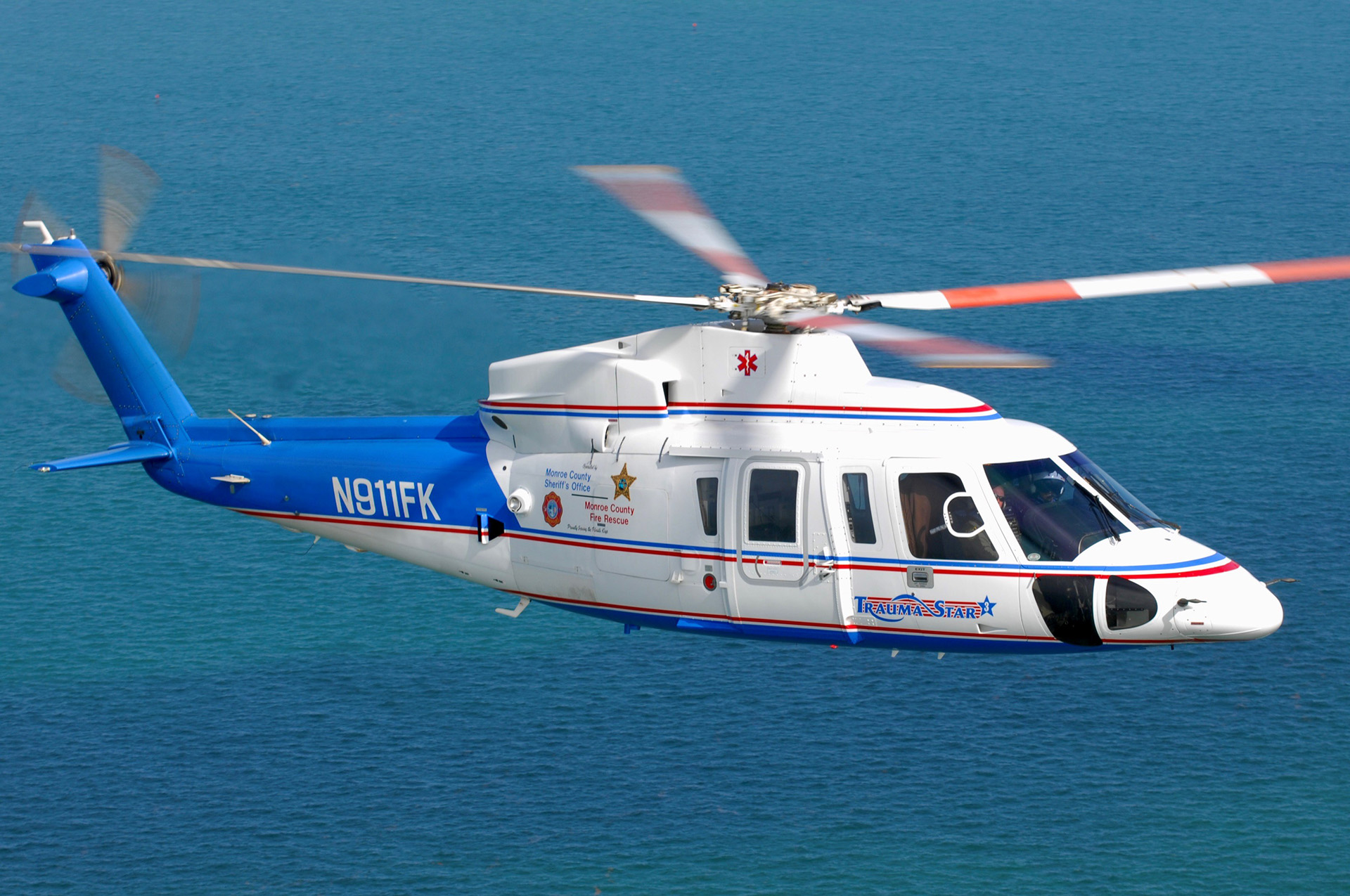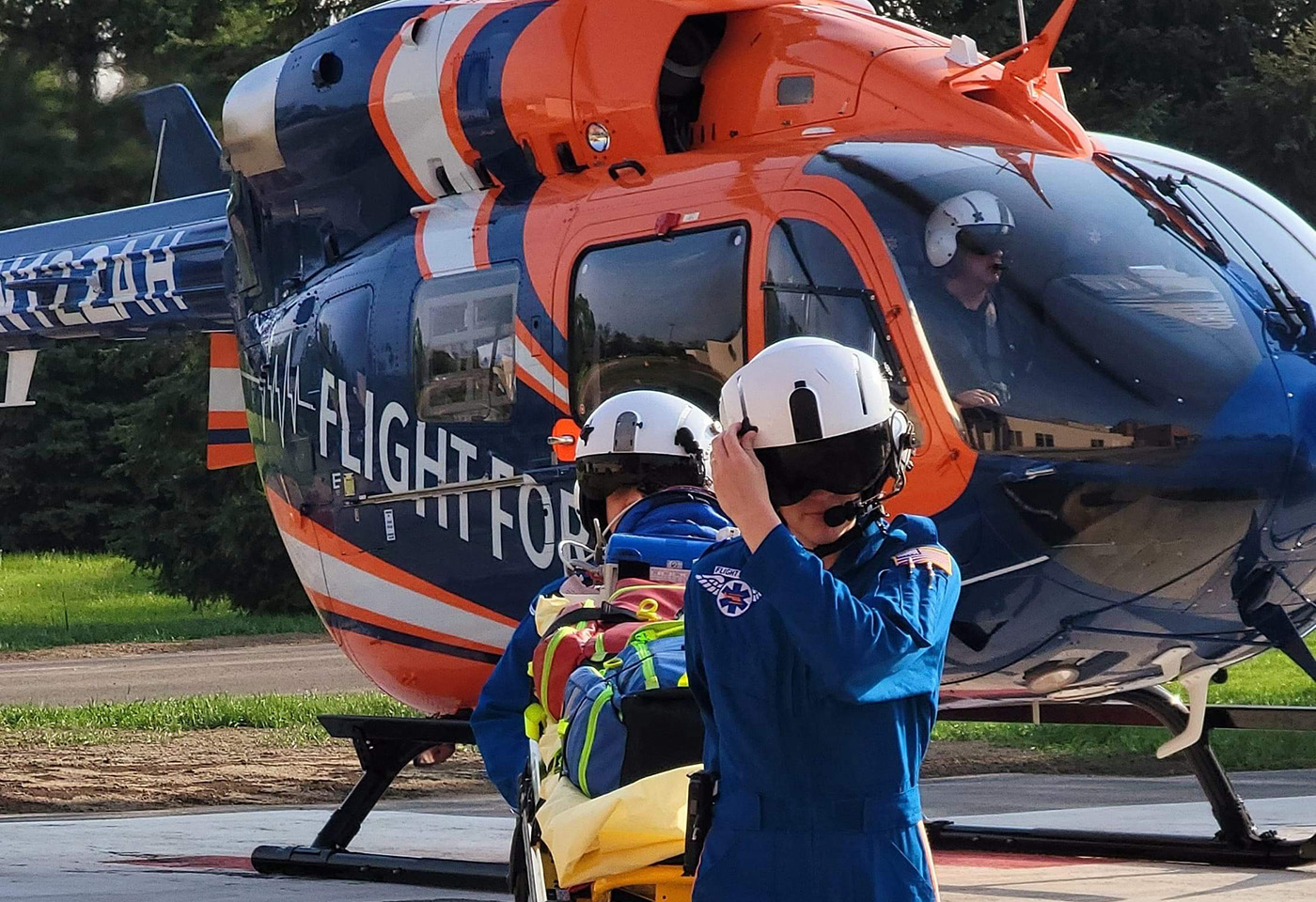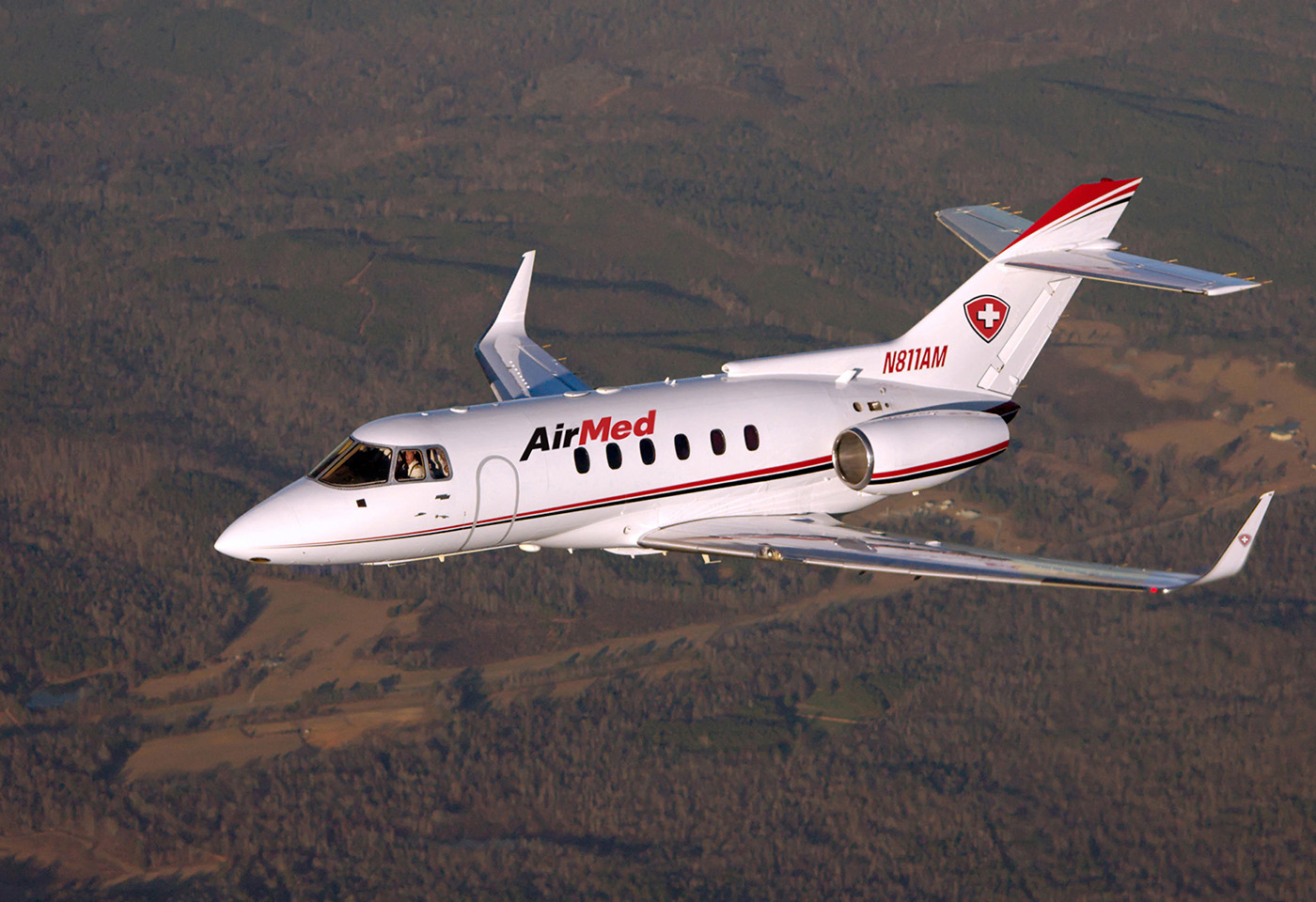Engagement
SAFETY LEADERSHIP
AMOA promotes safety-enhancing discussions and initiatives among its member companies to advance the highest standards of air medical operations. AMOA also works collaboratively with other aviation safety-focused groups.
Through the AMOA Safety Committee, members work to:
-
- Develop and uphold industry safety standards
- Disseminate critical safety information
- Impartially address and resolve safety-related issues
- Share leading practices to foster innovative safety solutions
-
- AMOA advocates on behalf of its members to shape policies that promote safe and effective air medical transportation.
- AMOA represents its members before Congress and collaborates with the FAA to influence policies, practices, and regulatory oversight.
- Through active engagement in the policymaking process, AMOA works to advance practical and productive policies that strengthen operational safety and support the vital role of air medical services nationwide.
- SAFETY MANAGEMENT SYSTEMS
- Since our inception, AMOA has focused on a combined effort among our member operators to drive a zero-defect approach to aviation safety. Part of this effort has been advocacy for and investment in Safety Management Systems.
- AMOA members have been at the forefront of the FAA’s voluntary SMS program.
- AMOA strongly supports FAA rulemaking to broaden implementation of SMS.
- We believe the NPRM is a step in that direction, but it at the same time introduces issues that require further thought and adjustment before any final rule is issued.
- AMOA’s comments submitted to FAA on the SMS NPRM can be found here.
- SINGLE SAFETY REGULATOR
- It is the position of AMOA that the FAA should retain its existing sole and exclusive authority over all aviation safety aspects of providing air medical transport.
- AMOA recently joined a broad spectrum of commercial and general aviation industry partners to urge Congress to codify longstanding law that the FAA is the sole regulator on all matters pertaining to aviation safety and operations in the National Airspace System in the United States.
- The Coalition 2023 letter can be found here.
- 5G Interference
- Telecom deployment of 5G C band wireless spectrum has been confirmed to interfere with the reliability of safety critical aviation equipment – specifically radio altimeters. The FAA adopted a new airworthiness directive in December 2021 for all helicopters equipped with radio altimeters and issued a SAFO and SAIB notifying operators of the risk of potential adverse effects of 5G on radio altimeters.
- The Helicopter Association International’s petitioned FAA for an exemption seeking relief from regulations requiring a normally functioning radio altimeter for certain operations. The HAI press release can be found here.
- AMOA’s letter to FAA supporting the HAI petition can be found here.
- The exemption allows HAA operators to continue to operate with unreliable radio altimeters and allow the use of night vision goggles.
ROTORCRAFT ASIAS
AMOA and its members were instrumental in the formation of Rotorcraft ASIAS. The ASIAS program has been in use by part 121 operators for over 20 years, and by the fixed wing General Aviation community for more than 10 years. The Rotorcraft ASIAS program is in its infancy, but thanks to leadership from AMOA members, it is established with ongoing support from FAA and its technical partners MITRE Corporation and GDIT.
The goal of ASIAS is to provide a reliable source of information to the aviation community that will be used to impact safety decisions and reduce the risk of accidents. Governance protocols ensure that ASIAS information will be used only for safety purposes, and not for punitive action.
ASIAS uses data provided by operators to help identify risks and evaluate the effectiveness of deployed solutions. Each participant in ASIAS signs a memorandum of understanding that enables exchanges of deidentified safety data.
https://portal.asias.aero/web/guest
AVIATION SAFETY INFOSHARE
The twice-a-year, industry-sponsored Aviation Safety InfoShare meeting also heavily involves ASIAS in facilitating confidential sharing of safety issues and best practices in a protected (non-public) environment. AMOA led the way to establish a Rotorcraft Breakout Session at InfoShare, with the first session held in 2019.
At the most recent Aviation InfoShare Acting FAA Administrator Billy Nolen addressed the attendees and noted “we have to continue our work to become predictive, not just preventive, when it comes to addressing risk.”



